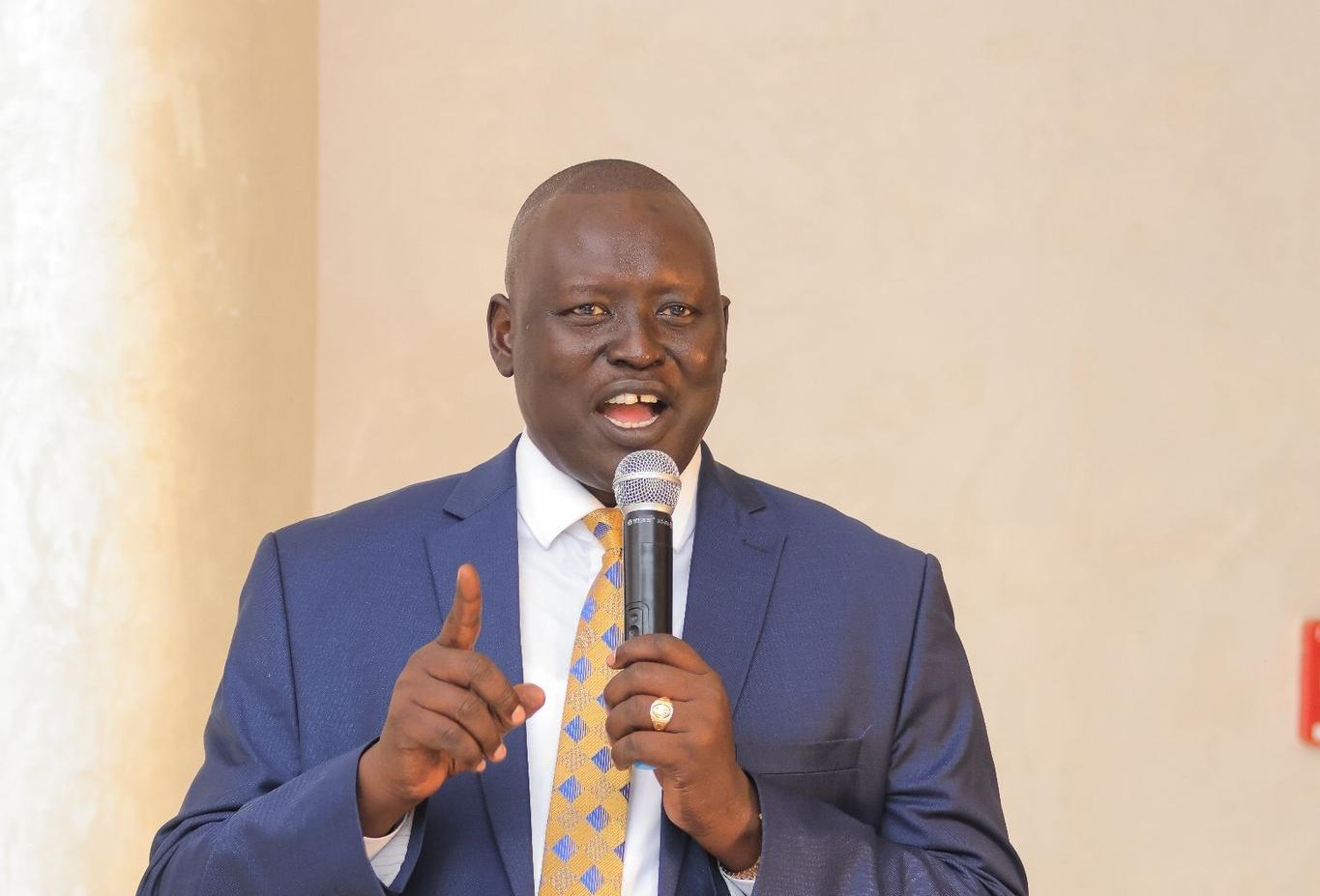Africa-Press – South-Sudan. The South Sudan Revenue Authority has collected 956 billion South Sudanese Pounds in just under eight months, the highest revenue ever recorded by the institution.
Akuei said the increase in revenue collection is due to the commitment of the leadership and staff of the institution.
“From January when we started with Honorable Taban, we collected 93 billion and it was remitted and salaries were paid. We collected 77 billion in February, it was a short month and salaries were paid. We collected 132 billion in March and salaries were paid. We collected 139 billion in April and salaries were paid.
“And in May, we collected 122 billion. In June, same amount, just a different of points, 122 billion. And in July, we collected 151 billion. That is the other amount. And in August, we have just collected 120 billion,” he saidduring a ceremony in Juba on Wednesday to welcome the newly appointed Deputy Commissioner General, John Mading Bol Makuach.
He also said the authority is being built on integrity, professionalism, and accountability to support South Sudan’s economic stability and growth.
According to Commissioner General Simon Akuei Deng, the entire amount was transferred to the Ministry of Finance and Planning.
He said only 9 percent of the total revenue remained with the revenue authority to manage its operations.
“The share of South Sudan Revenue Authority out of all this is 9%. 9 % is what remains with us here,” he added.
Akuei also said the authority is working on the Value Added Tax (VAT) bill before it is submitted to the Economic Cluster.
“We are working on the VAT bill, it’s not a secret, the Value Added Tax bill. We contacted a consultant and we are about 85 % into finishing the bill to be presented to the economic cluster. Because the sale tax regime that you are implementing is a lazy one, it’s a lazy regime, it cannot bring money,” he further said.
He added that the revenue authority is also working on the Tax Procedure Act to help prevent double taxation.
“We are also working on the TPA, the Tax Procedure Act. The Tax Procedure Act is a document that will give us how to implement the Taxation Act itself, how to implement the Custom Act, how to implement taxes at three levels of government.
“That is the national government, where we are, the state government, and the local government. So that somebody at the local government should not tax companies that are being taxed at the state government. And at the state level, you should not tax companies that are taxed by the national government. Otherwise, you will be doing double taxation,” he added.
For More News And Analysis About South-Sudan Follow Africa-Press






